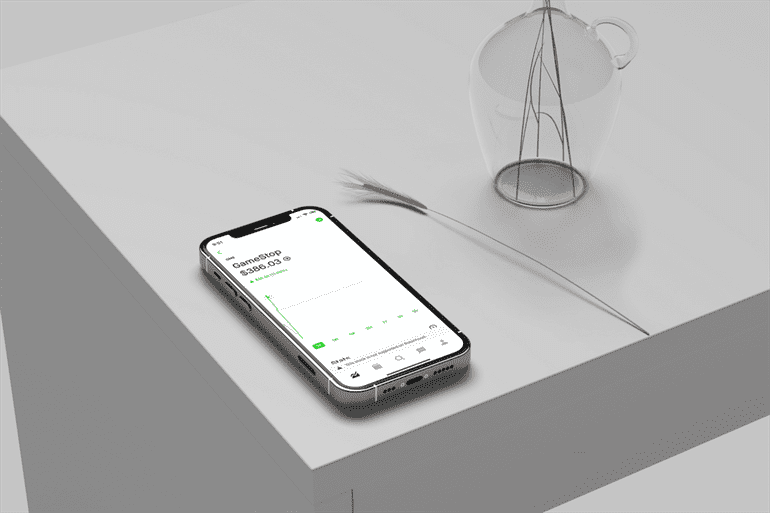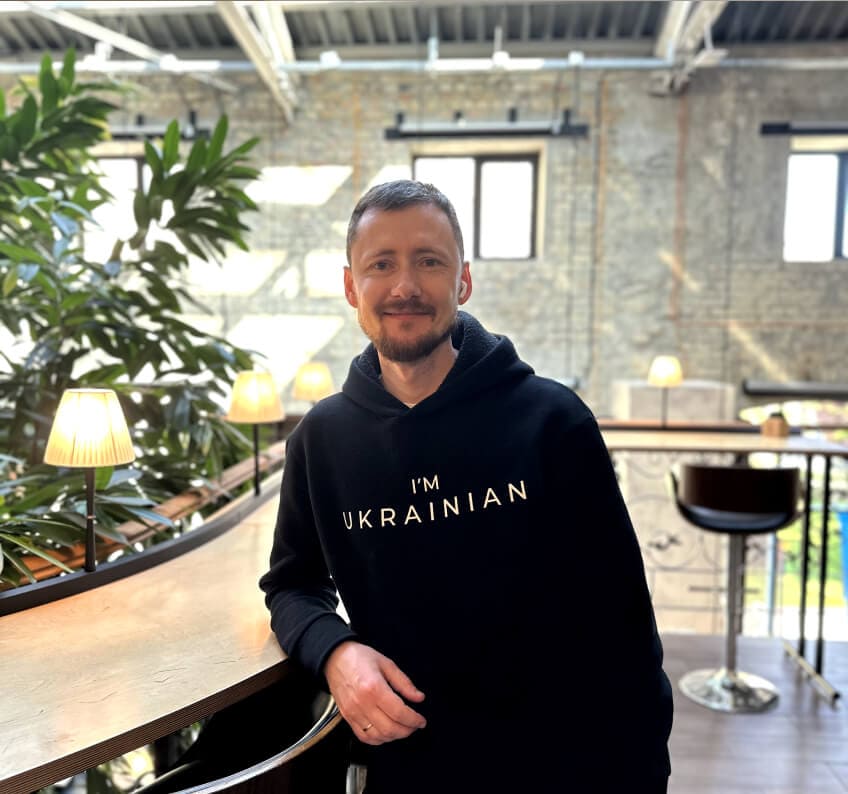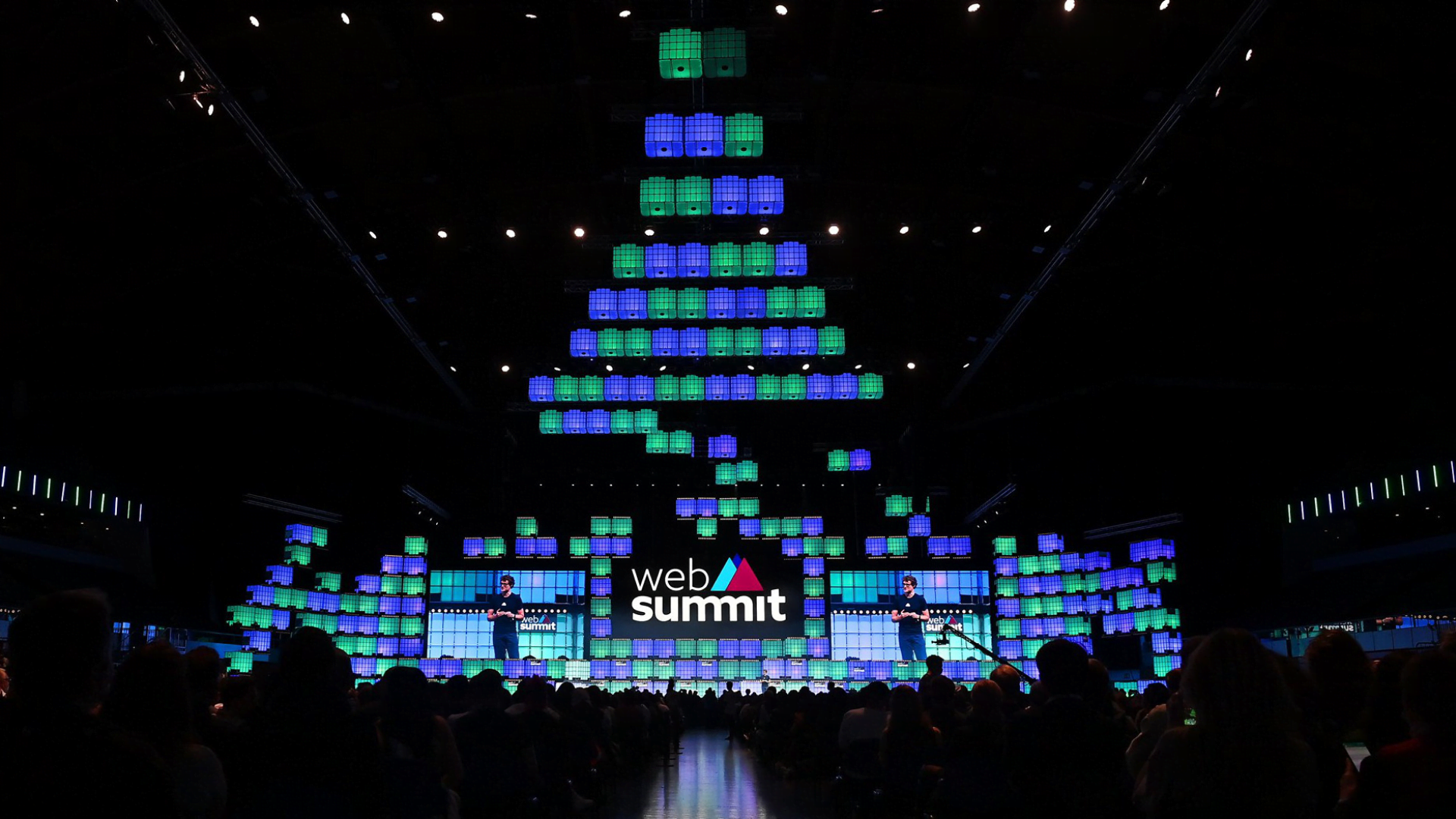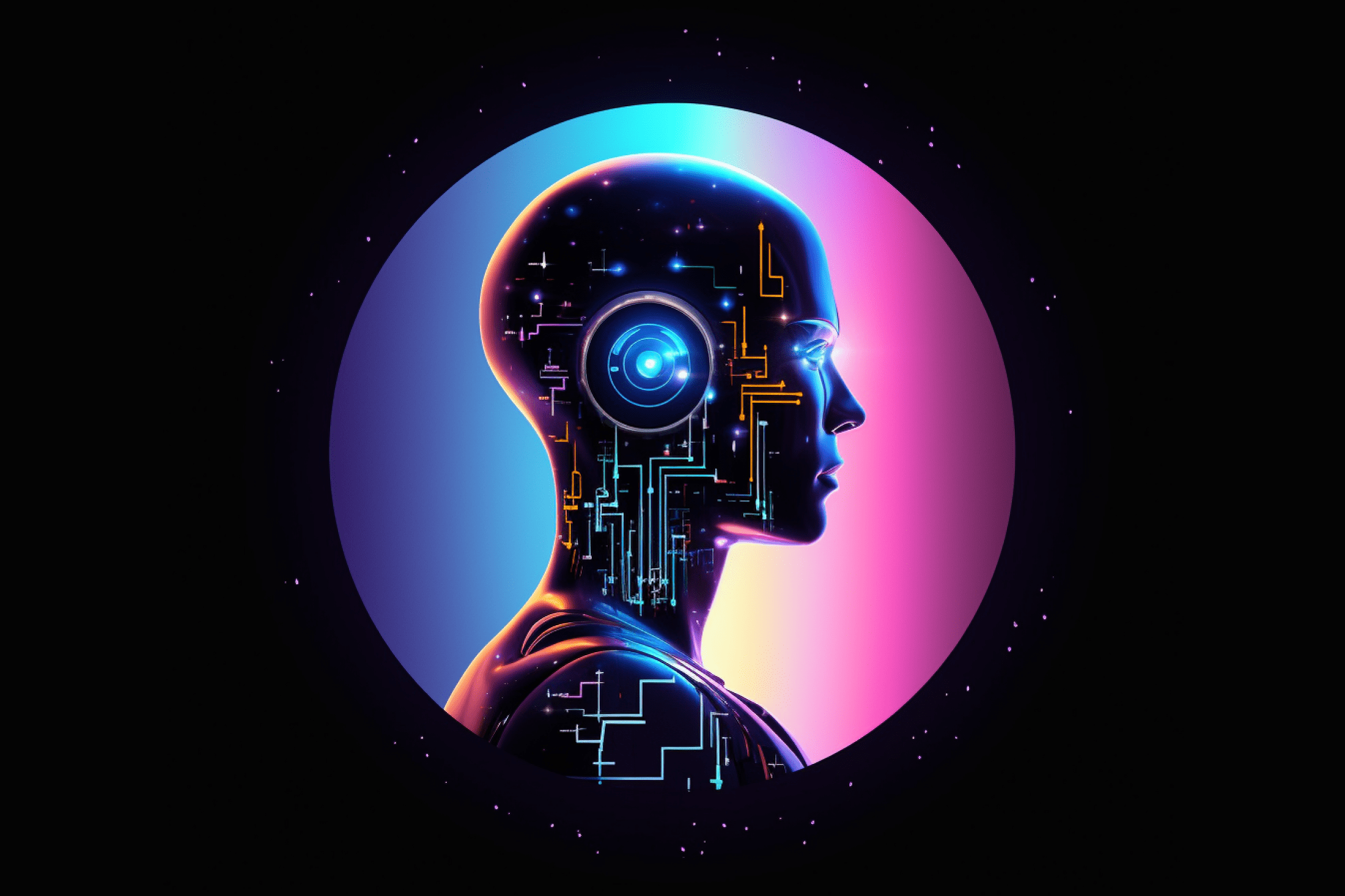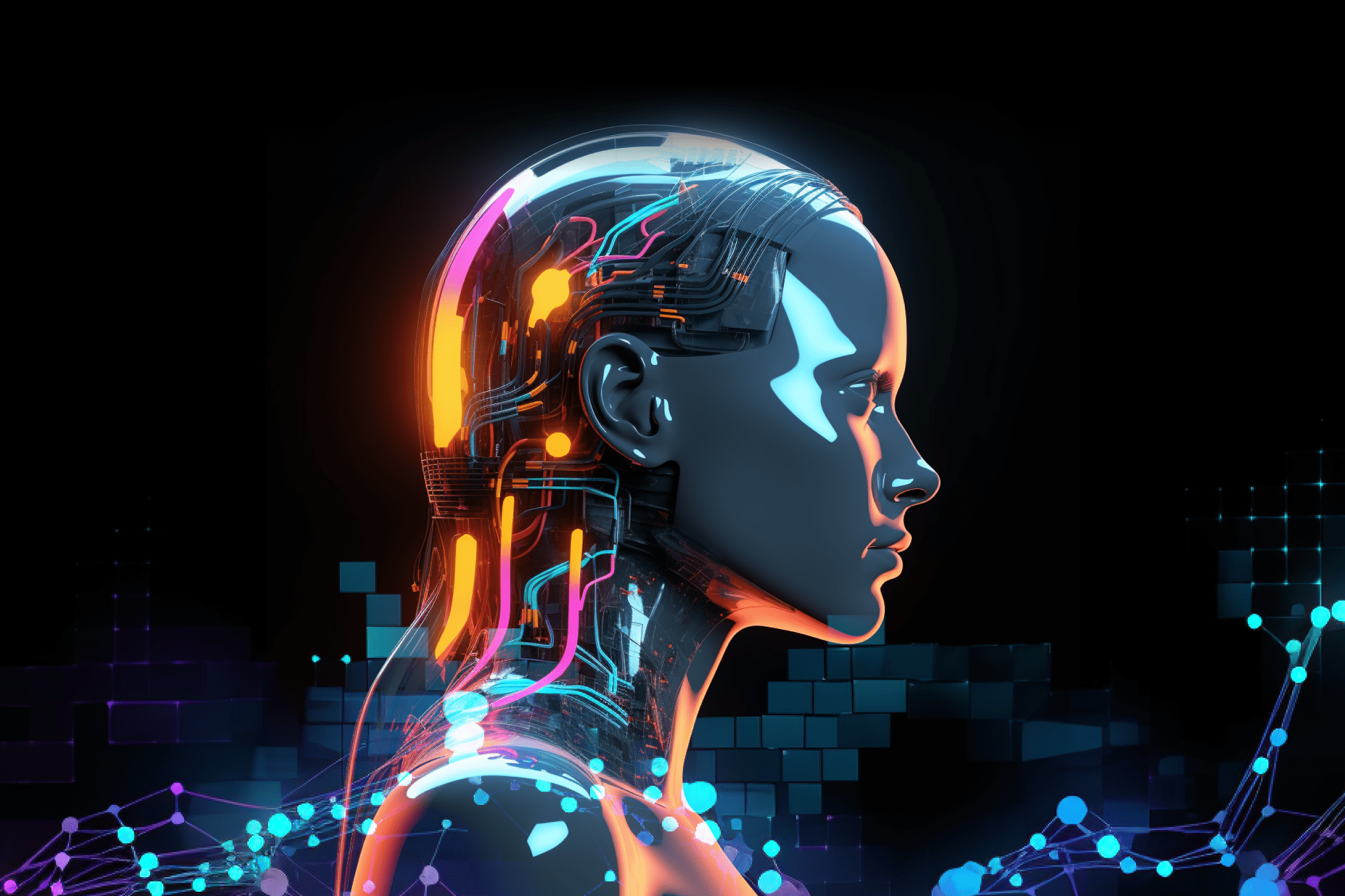Blockchain development is a specific activity that anyone can hardly grasp just on the go. Consensus mechanisms, hash-function cryptography, smart contracts, and other peculiar technology features constitute a compulsory set of the skills needed for a blockchain software developer. The present overview does not deserve to be a full list of blockchain-related skills to which there is nothing to add. However, the ones given above allow developers to cultivate the so-desired blockchain intuition that makes them successful on the modern labor market.
The way decentralized ledgers work implies a sort of technical intuition to apply blockchain technology to real-world use cases. Where does such an intuition come from? What helps blockchain developers determine the domains for which DLT technologies are viable? Observing the skills required for a blockchain developer to answer the questions is necessary.
Overview of Blockchain Developer Technical Skills
Blockchain-based software solutions establish a new way we interact with data. Such definitions as permissionless, immutable, unhackable, and censorship-free rightfully belong to crypto transactions and distributed ledgers. Many suppose that everything revolves around consensus mechanisms in blockchains. Others emphasize cryptographic hash functions allowing DLTs to build chains of data blocks. They all are partially wrong unless all blockchain qualities are taken in the complex.

In addition to the characteristics of distributed ledgers, every blockchain developer should know the technologies and methods essential for achieving such characteristics. In other words, there is a particular must-have list of skills needed for blockchain software developers. Some may argue that the list seems too broad and hardly comprehensible. It isn't so since we observe only the most substantial blockchain-related fields of knowledge worth mentioning. In our opinion, the following ones reflect what everyone should possess to become a blockchain developer:
- Working principles of peer-to-peer networks;
- Public key cryptography;
- Blockchain architecture;
- Smart contracts;
- Business drivers for blockchains;
- Cross-Disciplinary agility.
Basic computer science and programming skills are beyond the list since becoming a blockchain developer from scratch sounds like an exception rather than a rule.
Peer-to-Peer Networks
In contrast to conventional client-server systems, blockchains are based on peer-to-peer networks. Moreover, the P2P protocol can be called the essence of distributed ledgers. Blockchain nodes share equal responsibility for what happens with the network. Such a horizontal structure makes distributed ledgers invulnerable to many malfunctions threatening centralized systems. Hence, a typical blockchain developer skill set should include setting up and running a node.
Understanding the basic working principles of peer-to-peer networks is essential for a modern corporate sector: many companies use several nodes to send and receive crypto transactions. Running a node implies achieving a blockchain consensus with which distributed ledgers keep functioning with no central authority.
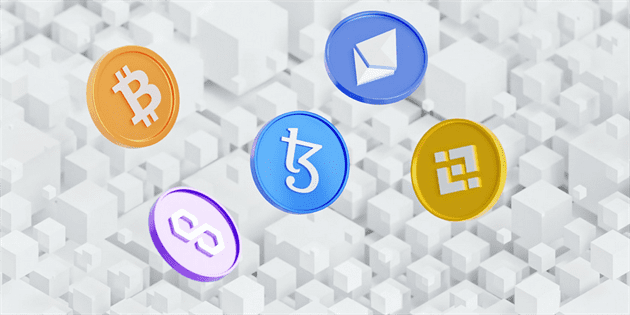
The one who wants to become a blockchain developer should study all node-related aspects of P2P networks. It means understanding both advantages and drawbacks of distributed systems. For example, having no idea about Byzantine Fault Tolerance can entail dire consequences for a blockchain-based application. Besides, P2P networks can have hidden vulnerabilities alienated from blockchain technology as such. What if a group of nodes decides to unite efforts to gain control over the network?
Building applications on decentralized P2P networks requires expertise in such critical characteristics as security and censorship resistance. Such knowledge obviously belongs to the blockchain developer skills in demand.
Public Key Cryptography
As long as quantum computers are just a matter of laboratory experiments, public key cryptography remains one of the pillars upon which blockchain technology is built. Sending and receiving encrypted messages is what public key algorithms provide. The invention of the first RSA algorithm in 1977 paved the way for the recent blockchain boom. Understanding the public key algorithm is a must-have among the skills required for a blockchain developer.
The core function of public key cryptography implies making sure that only authorized persons can access crypto funds. This can be achieved through data encrypted with a public key when the decryption goes with a private key. An authorized data receiver should keep the private key secure to let the algorithm work.
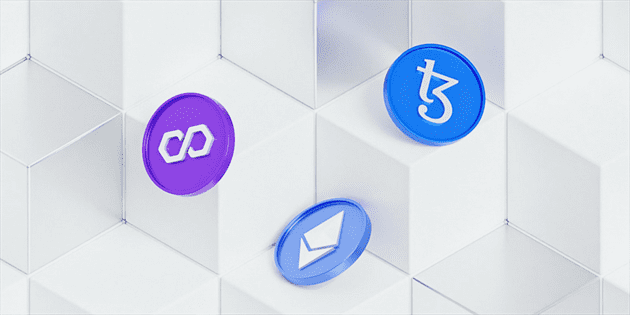
The public key mechanism works in all distributed ledgers today. Even though the technology is well-developed, building multi-layer algorithms remains challenging in blockchain development. Why so? Complex blockchain-based corporate solutions can hardly be created without deep expertise in linear algebra and combinatorics.
Besides, a typical blockchain developer skill set should comprise fundamentals of number theory to build workable algorithms. They can never stay petrified since the computing capabilities of digital hardware keep evolving. Quantum computing is on the horizon to challenge modern cryptography. Hence, public key algorithms require never-ending improvements from everyone who wants to become a blockchain developer.
Blockchain Architecture
Decentralization is the cornerstone of blockchains since each ledger's architecture implies a particular degree of public participation. Understanding the differences between blockchain architectures belongs to the skills needed for a blockchain software developer. Three basic types of blockchain architecture are widely recognized: private, consortium, and public.
- Private architecture implies limited access to a distributed ledger. It is inherent in enterprise blockchains mostly. Such an architecture is the most centralized compared to other types. Ledgers of this type are built vertically with quite authoritative control. Corporate security concerns usually stay behind the architecture.
- Consortium architecture implies partially limited access when certain groups of peers participate in the ledger operation. The ability to see a fine distinction between private and consortium architectures should flow from blockchain developer technical skills.
- The public architecture reflects the decentralized nature of blockchains best. It imposes no organizational restriction on the number of participants. Various consensus mechanisms allow public blockchains to work as the most democratized distributed architectures.
Since blockchain technology keeps expanding to cover more and more sectors and domains, blockchain developers should be ready to meet the specific requirements of any architecture. Working with different blockchains is essential for a blockchain developer skill set.

Smart Contracts
Self-executing contracts running on blockchains constitute an essential skill for blockchain developers nowadays. Smart contracts became a breakthrough in blockchain transactions enabling a mass distribution of tokens. They provide the transactions' automation improving the blockchain efficiency by orders of magnitude. Minting tokens under Ethereum's standard ERC-20 allows building Dapps of any complexity. Hardly any other innovation impacts the blockchain industry more than smart contracts.
Without smart contracts, crypto wallets, IDOs, DEXs, and many other blockchain-based solutions are hardly imaginable. Many other use cases and applications expect smart contracts to be applied to their functionalities. Trading, landing, gaming, and other domains offer a virgin field of opportunities for DLTs.
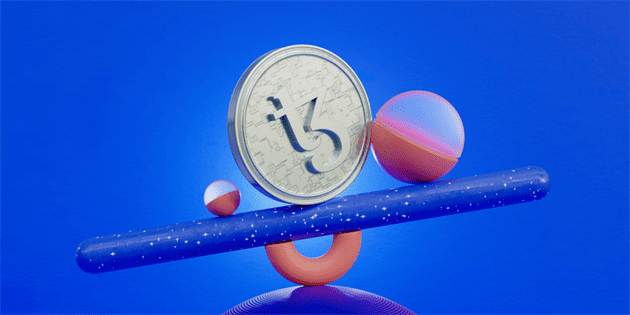
Several smart contract standards appeared in blockchain development over the last few years. In addition to Ethereum, other popular blockchains like Binance Smart Chain, Qtum, and Avalanche have developed their own standards. It is reasonable to expect an increase in the number of similar standards in the long run. Hence continuous monitoring of the smart contracts' evolution is highly advisable to have among the skills needed for a blockchain software developer.
Blockchain-Related Business Drivers
Blockchain implementation with resulting outcomes is a matter of deep expertise that distinguishes professionals from newcomers. At the same time, understanding blockchain adoption does not come on its own: an experience in some business sectors should align with the knowledge of blockchain principles. Such a combination brings the special blockchain intuition employers account for when they hire a blockchain developer.
Managers and executives of a company that is going to implement a blockchain solution can stay quite far from many critical nuances of DLTs. In many cases, they expect a sort of miracle while having little to no idea what blockchain adoption really implies. But what is forgivable for them is not so for a blockchain expert. The ability to recognize business drivers for one or another blockchain solution is a part of a software developer skill set.
Cross-Disciplinary Agility
Nobody seems to hire a blockchain developer just for the sake of blockchain as such. Blockchain has no meaning beyond the context of various business domains in which its capabilities can be utilized. Organizations and entrepreneurs seek to add value to their projects with blockchain technology. In many cases, blockchain offers a useful vehicle for applications that can exist and operate without blockchain but with lower efficiency and weaker security.
Almost always, blockchain has to work in combination with other IT technologies, the knowledge of which is expected from a blockchain developer skill set. Distributed ledgers can hardly be a standalone sector staying apart from AI, IoT, AR/VR, and other booming technologies. If a person who wants to become a blockchain developer has no idea about the latest trends in IT, very few chances for successful employment appear.
Fortunately, coming to the blockchain industry with a particular background in software development is a common practice. Even the pure novices who learn blockchain development from scratch have to acquire other IT disciplines along the way. Hence, the cross-disciplinary agility is inherent in the skills required from a blockchain developer.
Conclusions
Popular in blog
View allWe’ll contact you within a couple of hours to schedule a meeting to discuss your goals.
- PROJECT INQUIRIES info@artjoker.net
- CALL US +1 213 423 05 84
contact us:


